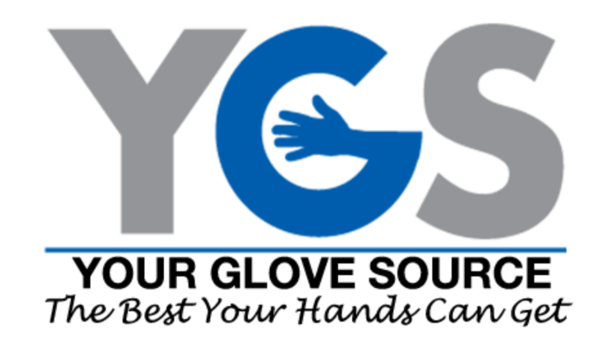Any good head chef or supervisor will take safety seriously in the kitchen and help their employees to take proper precautions to avoid injury, but will also provide adequate protection for them. Not only are they looking out for the safety of their employees, but they are also protecting the business. If serious injuries are sustained, the kitchen may have to shut down temporarily, which causes everyone to lose money.
We’ve rounded up a few easy tips to help promote a safety conscious kitchen:
- Use Gloves: Employees should always be using gloves. If they are performing tasks that require the use of knives or other sharp utensils or machinery, they should be using cut resistant gloves. If they are serving food or some other task that doesn’t require the use of knives, they should still be using a nitrile or nylon glove to avoid the spread of germs or cross contamination.
- Promote Hand Washing: You should have a dedicated hand washing station in the kitchen where employees can regularly clean their hands. This is an important step before putting on gloves and starting a task, so you can begin from the cleanest possible place.
- Avoid Cross Contamination: Cross contamination often happens when bacteria from raw meat accidentally gets transferred to ready to eat foods, like vegetables. One easy way to help mitigate this hazard is by using color coded cutting boards and equipment so that everyone knows what color should be used to prepare what type of food.
- Keep Sickness Out: If your employees are sick, they should not be handling food. This is simply common sense. You do not want the risk of spreading sickness to the rest of your employees let alone your customers.
- Clean Kitchen Regularly: Your staff should be trained on how to thoroughly clean their work stations and equipment on a regular basis. Again, making sure that your starting off from a place of cleanliness and safety, will help you to avoid major hazards going forward.



